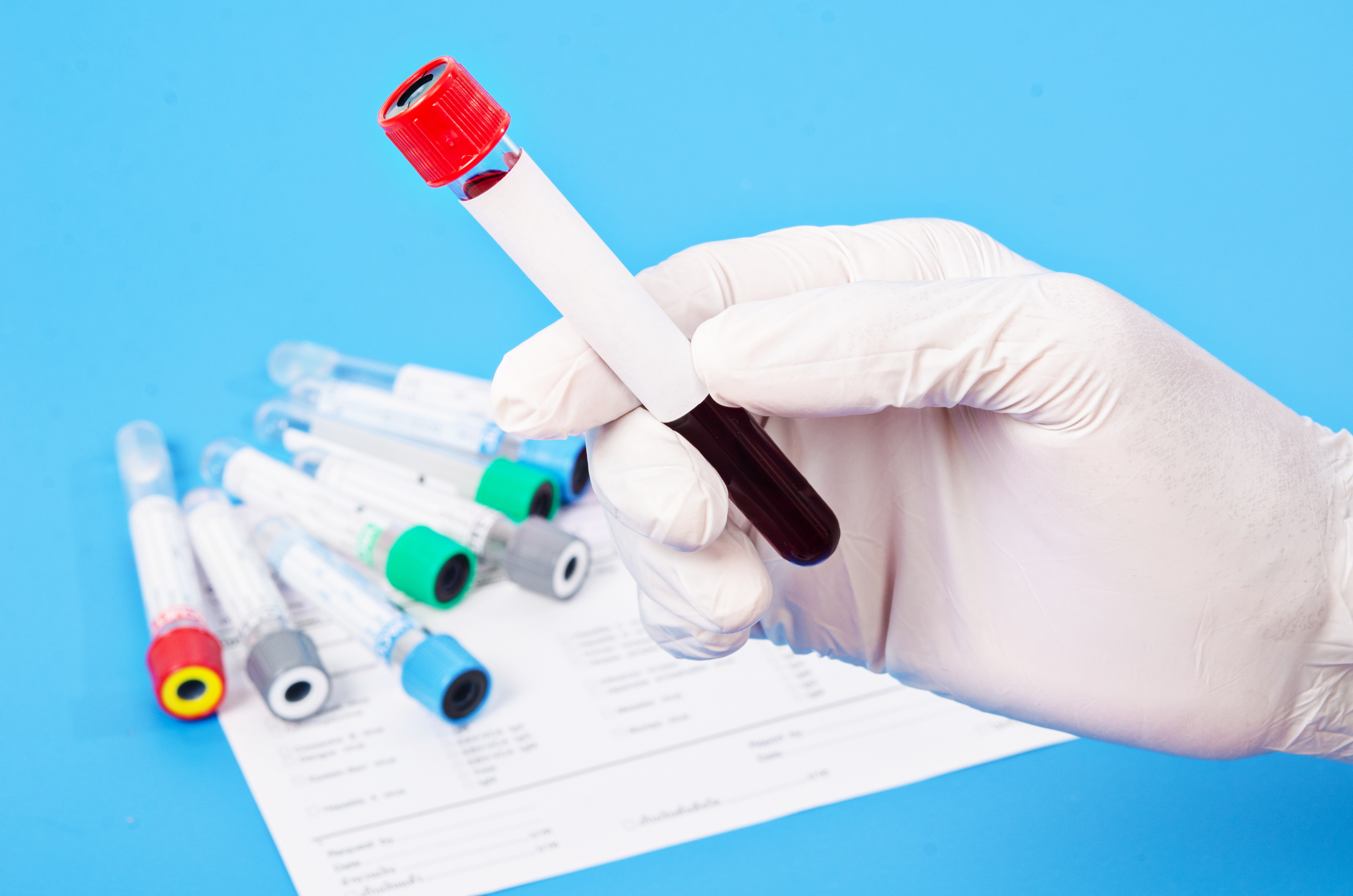CAD in COVID-19 Patients May Lead to Blood Typing Abnormalities
Written by |

COVID-19 can be associated with the development of cold agglutinin disease (CAD), leading to the need for blood transfusions. But the autoantibodies resulting from CAD may interfere with blood typing analyses needed for such transfusions, a case report found.
The report, “Serological Blood Group Discrepancy and Cold Agglutinin Autoimmune Hemolytic Anemia Associated With Novel Coronavirus,” was published in the journal Cureus.
Increasing evidence suggests that people with COVID-19 can develop a condition called autoimmune hemolytic anemia (AIHA), in which self-directed antibodies attack and destroy red blood cells, leading to anemia.
When the antibodies are active at body temperature, the condition is referred to as warm AIHA; CAD, on the other hand, refers to AIHA caused by antibodies that are active at colder temperatures, usually between 32 and 50 (zero-10 C).
“Nevertheless, the prevalence and implications of [AIHA in COVID-19 patients] remain to be elucidated,” Babita Raghuwanshi, MD, from the All India Institute of Medical Sciences, the case’s author, wrote in the report.
In the report, the investigator described the case of a 45-year-old man who developed CAD secondary to COVID-19, and required a blood transfusion due to low levels of red blood cells and platelets associated with the condition.
However, analyses to determine his blood type showed significant discrepancies due to the presence of cold agglutinins, the antibodies that cause CAD.
The man was admitted to the emergency room with fever, an elevated heart rate, and low oxygen levels. He was diagnosed with pneumonia, and a molecular test showed he was positive for SARS-CoV-2, the virus that causes COVID-19.
Laboratory tests revealed that the patient had anemia and low platelet counts, along with an increase in inflammation that coincided with the worsening of his pneumonia. The levels of urea and creatinine, markers of kidney function, also were elevated, and the patient developed renal failure.
Bilirubin also was abnormally high, suggesting excessive blood clotting and hemolysis, or red blood cell destruction. However, due to the anemia and decreasing hemoglobin levels, the patient was not started on anticoagulant treatment.
Instead, his blood was sent for analysis to determine his blood type before a potential transfusion. Blood analysis revealed the presence of cold agglutinins, which interfered with the initial blood typing. In this case, the antibodies in the patient’s blood were reacting with all blood types.
This was eventually resolved by avoiding cold exposure, with all the reagents and materials used kept at 37 C (98.6 F; body temperature). The patient was found to have a B-positive blood type and was safely given compatible blood units.
“It was advised to keep the patient warm, monitor the patient during transfusion with a slow transfusion of blood products,” the investigator wrote.
Overall, this case report shows how “COVID-19 infection can be associated with cold agglutinin disease and Autoimmune hemolytic anemia, and cold agglutinins should be recognized as potentially significant due to interference with laboratory investigations and complications associated with COVID 19,” Raghuwanshi added.
“More vigilance is required in the care of patients affected with COVID-19, and the increasing importance of a multidisciplinary team approach in management is emphasized as the spectrum of complications secondary to COVID‐19 increases,” the researcher concluded.




